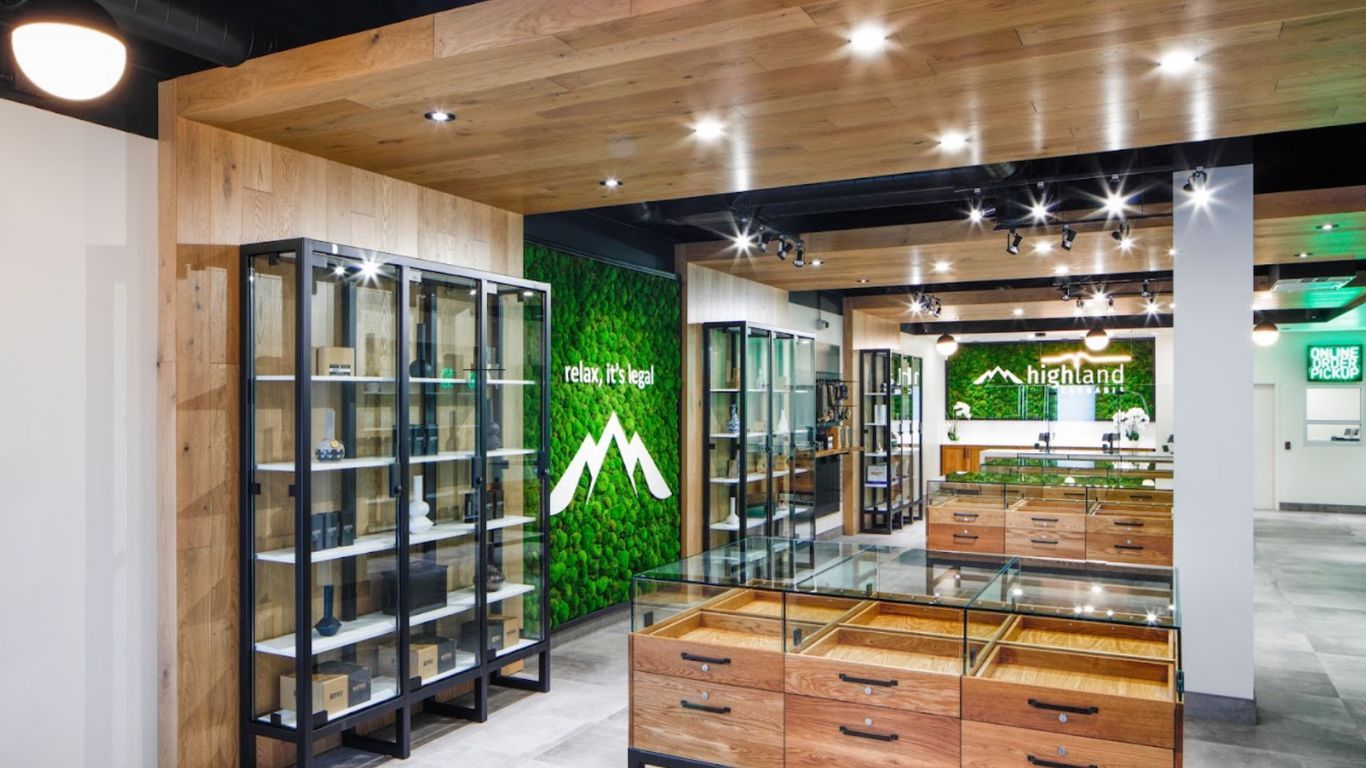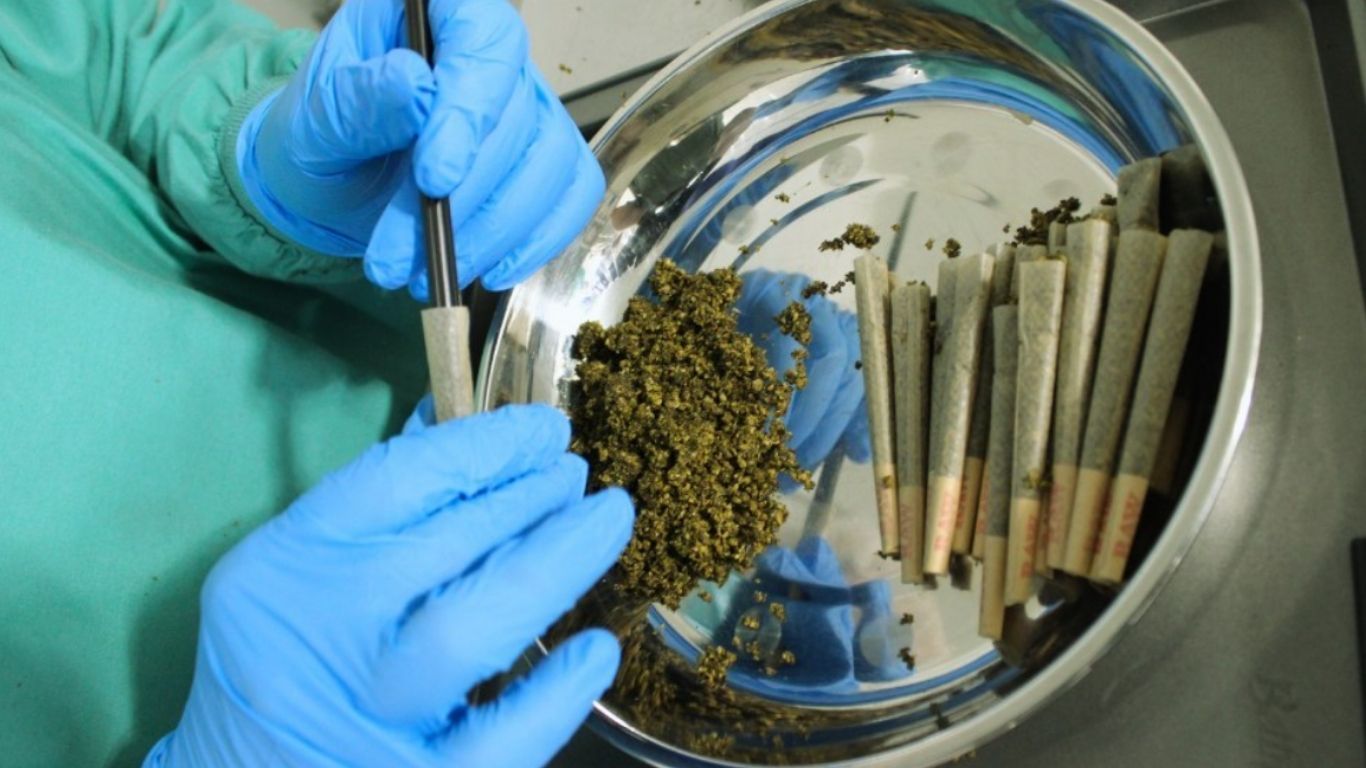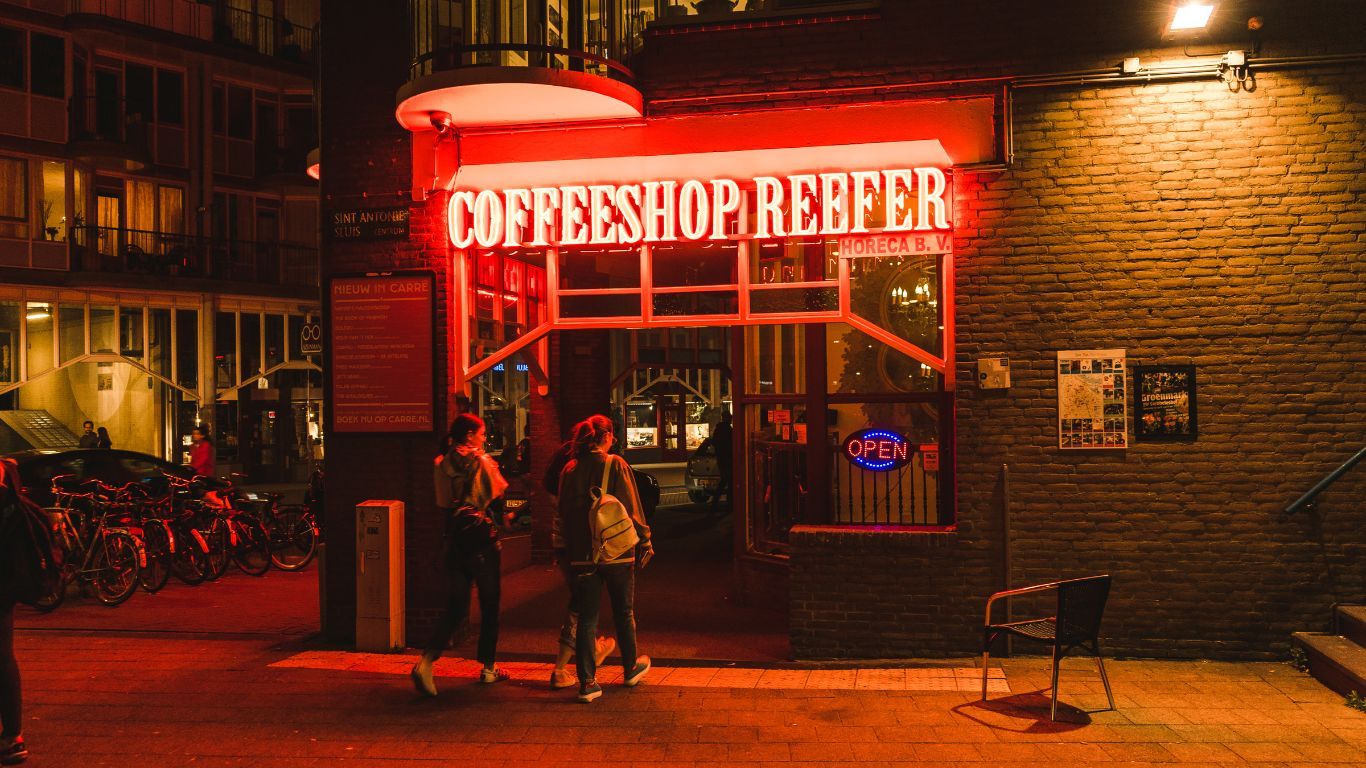
A group of Ontario cannabis stores are calling for an end to “kickbacks” that they say are used to incentivize shelf space for some producers.
Highland Cannabis Inc., an independent retailer based in Kitchener, Ontario, is leading the Cancel Kickbacks campaign in an attempt to pressure the provincial government to look closer at the issue and enforce its own rules against inducements between licensed cannabis producers and licensed cannabis dealers.
“The Cancel Kickbacks campaign is demanding that the Ontario government properly enforce its own anti-incentive regulations, which are being circumvented by retailers and manufacturers who falsely and unlawfully characterize incentive transactions as payments for the sale of ‘data for business intelligence purposes’,” argues the organization in a press release.
“These payments favour larger, well-funded, licensed cannabis producers who have the means to pay sales incentive kickbacks to gain market share, and larger retail chains who have the leverage to collect the kickbacks and then use them to fund such low competitive prices that independent retailers can’t possibly keep up,” it continues.
Ontario, like many other provinces, does not allow inducements, such as producers offering payment for preferential shelf space—or to even carry their product at all. However, it’s become a well-known and controversial practice that some retailers, especially larger retail chains, sell “data plans” to producers that, some argue, are simply a workaround that allows for these kinds of inducements.
AGCO defines gratuities as payments “made with the purpose of promoting or increasing the sale of a particular brand or product by the licensee or its employees.”
The Cancel Kickbacks campaign is demanding that the Ontario government enforce its own anti-incentive regulations, which the campaign says are being circumvented by retailers and manufacturers who falsely and unlawfully characterize incentive transactions as payments for the sale of “data for business intelligence purposes.”
Jennawae Cavion, co-owner of Calyx + Trichomes Cannabis, an independent cannabis retailer in Kingston, Ontario says she has been approached by several producers who want to pay such “kickbacks” for shelf space. Although she notes such practices are not uncommon in the retail world, they are not supposed to be allowed in the cannabis space.
“In our industry it’s specifically not allowed,” explains Cavion. “In my opinion, the AGCO changing the rules to allow for data sales has just opened up this opportunity for retailers to benefit from kickbacks. It’s not even a very thin veil in some places, some are very blatant in it being a kickback.”
Ultimately, she says she thinks producers and retailers participating in such programs will only harm themselves in consumers’ eyes. But this might take years, she says, meaning smaller retailers will have to tighten their belts to make it through this period.
“It’s really to their detriment because now I won’t carry their products at all. There’s no longevity in these deals. They’re going to dry up. It’s a dead end. But for those of us who are independent, the question is can we outlast this program.”
Owen Allerton, owner of Highland Cannabis Inc, says he thinks these plans will be the end of independent retailers.
“By not enforcing the inducement ban, AGCO tacitly allows cannabis producers to pay prohibited kickbacks to cannabis retail chains,” says Allerton.
“Several of the big retail chains are using the banned stimulus money to fund predatory pricing, to control the market and thereby drive the small independent retailers out of business. People are talking about the price wars in the cannabis retail market. There are no price wars. There are only big chains, and their ultra-discount models are subsidized by illicit kickbacks.
“Producers pay these illicit kickbacks for shelf space at major chains while undermining the 1,000+ independent retailers—putting them out of business,” he continues. “In the end, only the chains will remain.”
As of June 30, 2022, the AGCO revised the Registrar’s Standards for Cannabis Retail Stores to allow retailers to sell this “sales data” to producers “for business intelligence purposes.” One retail chain that recently posted its public earnings report noted its “data sales” were $21.7 million for the fiscal year that ended October 31, 2022. Such data sales are not necessarily connected to such ‘kickbacks, making it difficult for the provincial regulator to investigate.
The Cancel Kickbacks campaign argues that this rule change made it possible for some larger industry players to get around this ban by characterizing such payments as being for ‘sales data’, which the organization says threatens to undermine Ontario’s cannabis industry.
“Of Ontario’s 1,573 licensed retailers, about 300 are affiliated with large retail chains and over 1,000 are smaller, independent stores (fewer than 10 stores),” notes the press release. “Independent cannabis retailers are predominantly run by individuals or families who have invested personal finances and savings in their retail startups. These independent businesses make up the bulk of the industry and are most at risk from predatory pricing funded by illicit incentives.”

































